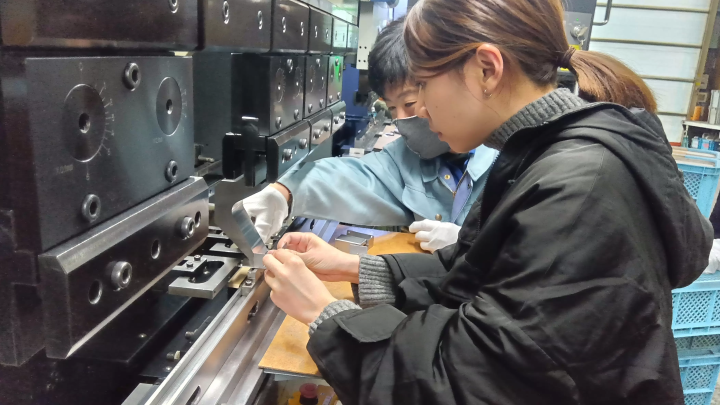Changing Jobs In Japan: Timing, Procedures, And Paperwork

Changing jobs in Japan is not an easy process and often requires extensive paperwork. This article addresses the appropriate timing to tell about your intentions to your current employer, filling out paperwork, preparing necessary documents, and other tips to make the career transition easier.
Tips for Changing Jobs in Japan

Whether you're job searching or ready to change careers, you have quite a challenge ahead of you. However, you may be feeling dissatisfied with your current work or perhaps have been recruited by another company. This article will provide tips and advice on how to smoothly transition into your next employment.
The Reality of Job Searching in Japan
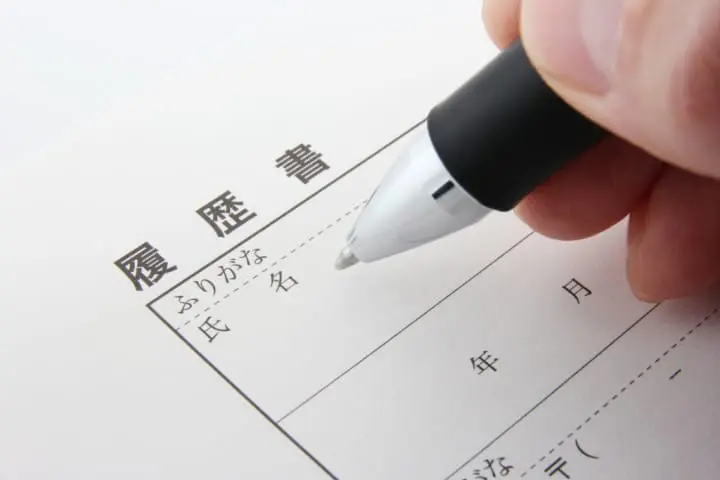
Finding a job in Japan can be a long and arduous process. A standard job application procedure means: resume review, first interview (section chief), second interview (general manager), and final interview (executive-level employee and president).
Larger corporations may have a longer interview process, including group interviews (*1) and SPI (Synthetic Personality Inventory) tests (*2). In some cases, the company will pay the applicant's transportation fee for the final interview. However, this is not the norm, and, as such, job searching in Japan is taxing both financially and physically.
*1: In group interviews, the interviewee will present a topic or problem to a group of applicants. The interviewee will then assess each applicant's communication skills and performance during the group work.
*2: SPI (Synthetic Personality Inventory) tests assess an applicant's Japanese language skill, math skill, and personality traits.
Things to Consider Before Changing Jobs
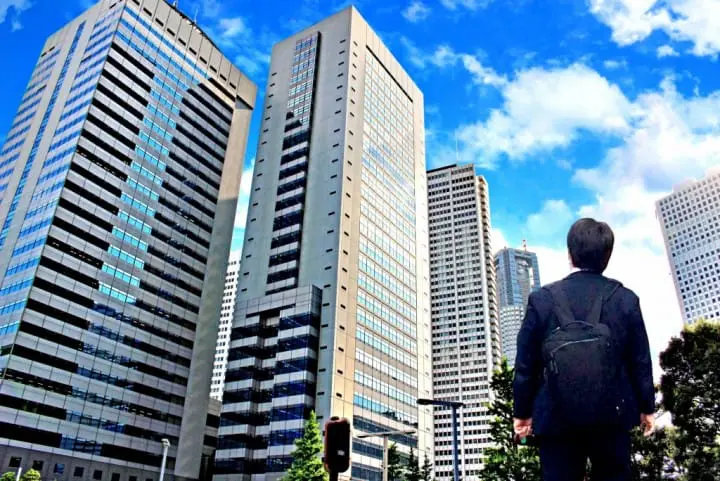
Similar to job hunting, changing careers can be difficult. From here, we will address some frequently asked questions on applicants' mind.
When to Quit Your Current Job?

Most company contracts require workers to provide a 30-days' notice before terminating their employment. This one month's notice is required to find a replacement and smoothly transfer job duties. It's important to respect this one-month rule to part with your company on good terms.
Company Documents to Request Before Your Resignation
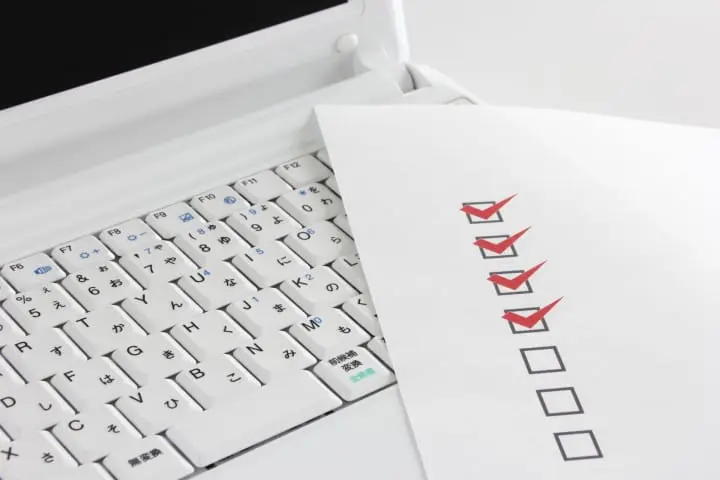
1. Certificate of Disqualification
In Japan, social insurance, such as national health insurance and nationl pension, is provided by employers. After resigning from a company, you are no longer eligible to receive social insurance. To re-enroll for various social insurance plans, you must ask for a certificate of disqualification from the company before leaving.
2. Letter of Resignation for Employment Insurance
You can apply for unemployment insurance at Hello Work (*3) if you have a letter of resignation for employment insurance.
*3: Hello Work is an employment agency operated by the government of Japan.
3. Withholding Record (Certificate of Annual Income)
From year-end adjustments to final returns (*4), a withholding record of your employment income is needed for tax exemptions.
*4: The year-end tax adjustment and final return are procedures in the income tax return system in Japan.
4. Salary Statement
While people have varying reasons to quit a company, employees tend to resign either at the end or halfway through the month. Before you leave, it is advised to request a payslip from the company. This will allow you to check whether the correct salary from days worked the previous month is deposited.
Resignation Checklist After Leaving the Company

1. Return your health insurance card
Once you quit your job, the health insurance provided by your employer will expire. You must return your health insurance card to the company's HR department either in person or by mail.
2. Re-enroll for national health insurance (*5)
Within 14 days following your resignation, you must take your certificate of disqualification to your local municipal office and re-enroll for the National Health Insurance (NHI).
3. Re-enroll for national pension (*5)
Within 14 days of your resignation, take your certificate of disqualification, pension book, and personal seal to the local municipal office and re-enroll in the National Pension plan.
*5: Information on re-enrolling for national health insurance and national pension.
Those who start a new job within 14 days of their resignation do not need to re-enroll in the insurances above. Just make sure you submit the required documents to the HR department at your new company.
Documents to Submit to the New Company
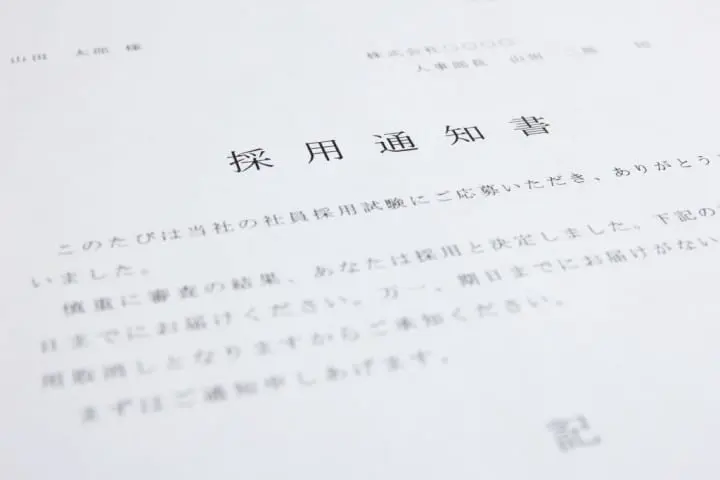
Generally, you can re-apply for social insurance at your new company by submitting the following documents. You may be required to provide additional documents, so ask the new employer if you're unsure.
- A copy of your pension book
- Letter of resignation for employment insurance
- Withholding record
- Resident card (*6)
- A copy of your residence card
*6: The resident card is issued to foreign nationals as proof of their status of residence.
Will My Status of Residence Be Revoked Once I Quit?
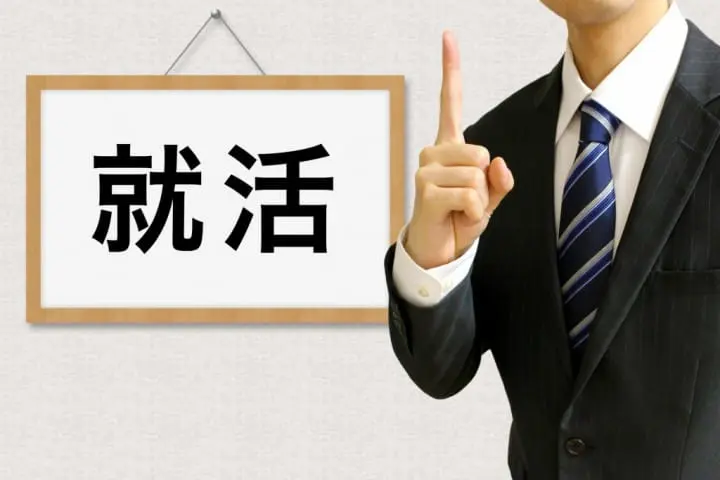
Your status of residence will not immediately expire upon quiting your job. It's common to hear people lose their status of residence if they cannot find work within three months, though.
According to Article 22 of the Immigration Control and Refugee Recognition Act, if you have done nothing in order to find new work for over three months, the government has the authority to revoke your status of residence. However, this will not apply if you have valid reasons. As long as you provide proof of your job hunting efforts (*7), your residency will not be revoked after three months.
*7: If you are actively seeking employment, you should submit documents related to these activities (i.e. job application forms). If you are sick and unable to look for work, provide a medical certificate.
Changing Jobs Is a Breeze If You Know the Process
At first thought, the process of changing jobs may seem daunting. However, in hindsight, the major steps include canceling the insurance provided by your former employer and re-enrolling for these benefits at your new company.
Are you ready to leave your current job? Then check this article to make sure you have all your documents and paperwork in order before taking the leap!
I am currently working as the Taiwan version editor for MATCHA. I am from Changhua County and during my time in Taiwan, I worked as a domestic Japanese tour guide and in interview PR for a Japanese television station. I am skilled at arranging travel itineraries, particularly for food and hot spring-related attractions. My interests include photography, especially food and portrait photography. Due to my age and my fondness for places like bars and izakayas, I call myself 'Matcha Uncle'.









































![[Aichi] 30 minutes from Nagoya! 8 must-see tourist spots in Tokoname, the city of beckoning cats and pottery](https://resources.matcha-jp.com/resize/720x2000/2026/02/26-259808.webp)

![[2026] Top 5 Cherry Blossom Spots in Naruto City , Tokushima Prefecture ! Light-ups and Access](https://resources.matcha-jp.com/resize/720x2000/2025/03/04-226780.webp)

